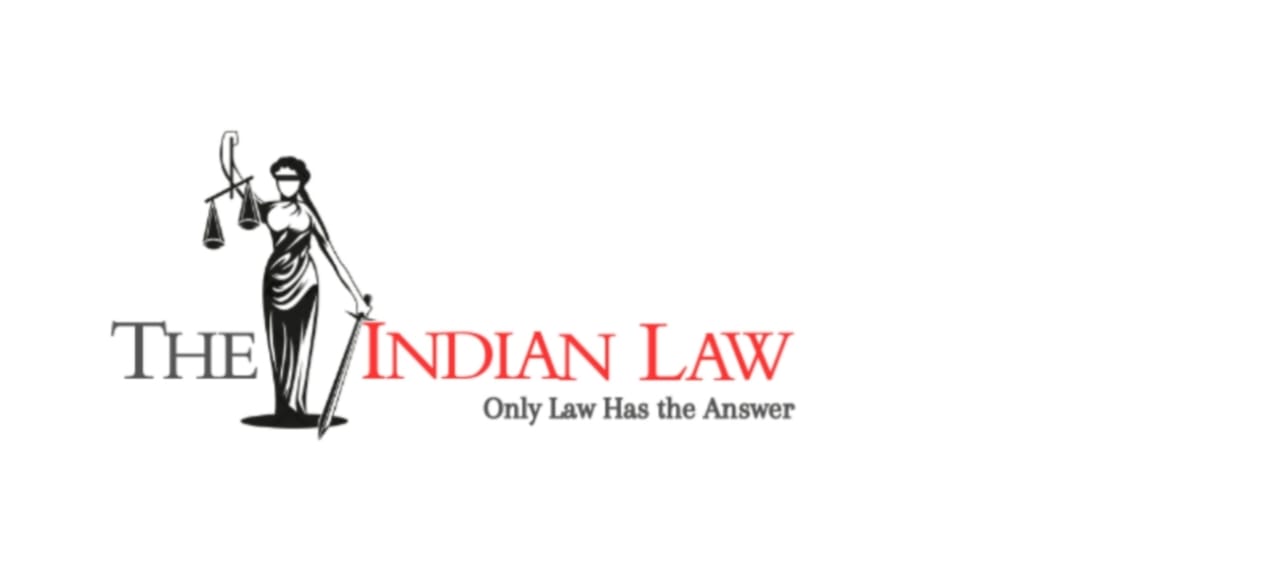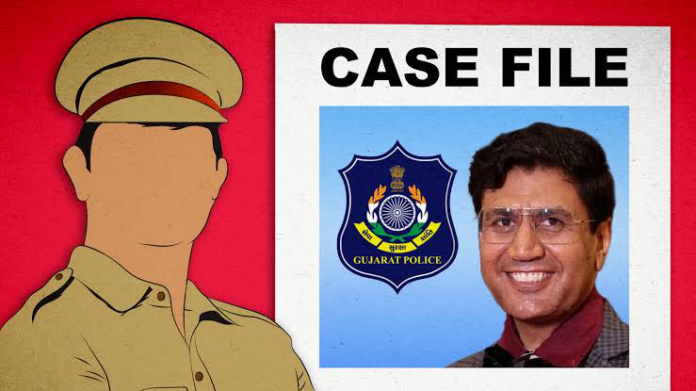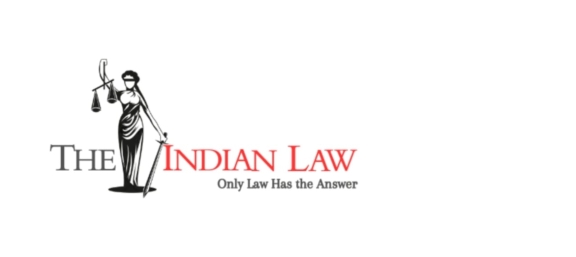In a significant legal development, the Gujarat High Court has issued a notice on the anticipatory bail application filed by Mahesh Langa, a senior journalist with The Hindu. Langa is facing charges related to a large-scale GST fraud involving fraudulent input tax credits (ITC) and the establishment of over 200 shell companies. The Enforcement Directorate (ED) and the Directorate General of GST Intelligence (DGGI) are jointly investigating the case, which alleges a substantial loss to the public exchequer.
Background of the Case
The controversy began in October 2024 when Langa was arrested by the Ahmedabad Detection of Crime Branch (DCB) in connection with a GST fraud case. The authorities allege that Langa played a pivotal role in operating ‘DA Enterprise,’ a firm implicated in the fraudulent activities. The investigation suggests that the firm was involved in issuing fake invoices to claim ITC, leading to a loss of ₹6.61 lakh to the government.
Further scrutiny revealed that Langa’s lifestyle appeared inconsistent with his declared income. Despite reporting an annual income of ₹9.48 lakh, he was found to have engaged in lavish expenditures, including stays in presidential suites and international travel. Additionally, unaccounted cash amounting to ₹20 lakh was reportedly recovered from his residence during a raid.
Legal Proceedings
In November 2024, an Ahmedabad sessions court granted anticipatory bail to Langa in a separate cheating case. The court observed that the dispute was primarily of a civil nature, concerning non-payment of money, and did not warrant criminal prosecution. However, the current money laundering case presents more serious allegations, including the creation of multiple shell companies and the issuance of fake invoices.
The Gujarat High Court’s decision to issue a notice on Langa’s bail plea indicates the gravity of the charges and the legal complexities involved. The court’s forthcoming ruling will be closely watched, as it may set a precedent for similar cases involving journalists and financial misconduct.
Implications
This case underscores the increasing scrutiny of financial activities within the media industry. Journalists, like all professionals, are subject to the law, and any involvement in fraudulent activities can lead to severe legal consequences. The Gujarat High Court’s involvement highlights the judiciary’s commitment to addressing economic offenses and ensuring accountability.
As the legal proceedings unfold, stakeholders in the media and legal communities await further developments. The outcome of this case could have far-reaching implications for media professionals and their engagement in financial matters.


